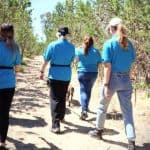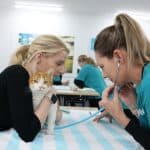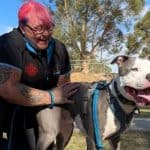Working with animals is extremely rewarding and satisfying. It is a career choice that can open up opportunities to work in many different fields, including roles in animal welfare, animal protection and shelters, of which many are non-profit organisations. There are many animal-related roles across all of these organisations, some of which are discussed below.
Careers Working with Animals in Animal Welfare
Whether you love pets or wildlife, there is a perfect job for you in the animal care and welfare industry. Most people, when deciding to work with animals, think of only the veterinary career pathway. However, numerous animal-centric careers exist in the Australian animal care and welfare industry. Here are our top 9 careers in animal welfare.
1. Animal Shelter Manager
An Animal Shelter Manager is responsible for the daily operational activities at the shelter and ensuring everything runs smoothly. Their duties include areas such as:
Top 9 Careers in Animal Welfare
- Managing staff rosters
- Recruitment of animal shelter staff
- Supervising supervisors, staff and volunteers
- Inducting and assisting in training supervisors and staff
- Developing and implementing shelter policies and procedures
- Administration and co-ordination of animals at the shelter
- Overseeing the welfare, care and wellbeing of the animals at the shelter, including housing, husbandry, nutrition, enrichment and health care
- Managing and upgrading equipment and facilities
- Assisting with administration and finances for the shelter
- Assisting in fundraising
Animal Shelter Managers (including Dog Shelter Managers) will also work closely with Veterinarians and Behaviourists to establish if any animals in their care need additional care or assistance.
To meet the job description requirements of a shelter manager, candidates would ideally have experience working in a similar environment. Employers may also require vocational training qualifications that cover animal handling, diseases and pest prevention, animal protection, animal behaviour, accounting, leadership and management skills, human resources and computer skills.
Start your qualification with a focus on Animal Care and Welfare Today!
2. Volunteer and Foster Coordinator
A volunteer coordinator is responsible for the day-to-day management and supervision of the shelter’s volunteer programs. Larger sized shelters and welfare organisations will likely have both an Animal Shelter Manager and a Volunteer and Foster Coordinator. A volunteer coordinator will manage a roster, provide induction and training for volunteers, be involved in recruitment drives for new volunteers and provide mentorship to the animal shelter volunteers. In addition, they may work with a foster coordinator or manage a foster care program to provide temporary homes for animals not ready for adoption. Building good relationships with volunteers by providing ongoing support and training is essential in helping a shelter run smoothly and ensure the necessary care and welfare of the animals.
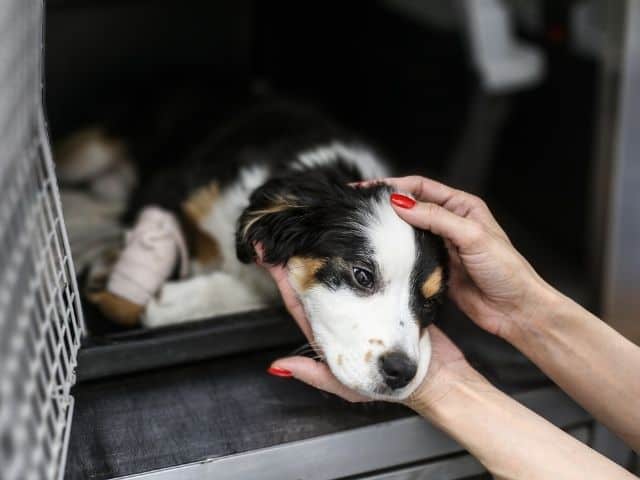
3. Animal Attendant
The role of an Animal Attendant is critical in a shelter or welfare care organisation. Animal attendants are responsible for carrying out the daily tasks needed to maintain the health and welfare of the animals. Their duties may include:
- Cleaning shelter facilities, including enclosures, pens, cages and runs
- Feeding and medicating animals
- Bathing and grooming animals
- Providing exercise, enrichment and training
- Maintaining animal records
- Educating shelter visitors on how to handle and approach animals correctly
- Helping potential animal adopters and foster carers with their inquiries and assisting in the adoption or foster process
Working in an Animal Shelter in Australia is one of the most common entry-level roles in a shelter or welfare environment. Organisations in Australia most frequently require a nationally recognised ACM20121 Certificate II in Animal Care or ACM30122 Certificate III in Animal Care Services (formerly ACM30117 Certificate III in Animal Studies) level graduate to ensure applicants have the necessary experience and knowledge to care for animals.
4. Animal Behaviourists and Trainers
Animal Behaviourists and Trainers are often found working in a shelter or welfare environment. When we refer to Animal Trainers, we refer to those who teach animals skills such as how to walk on a lead and follow basic commands, eg “sit” or “stay”. They may also work on basic behaviour modifications such as jumping up or excessive barking. On the other hand, Animal Behaviourists are professionals who attempt to understand why an animal may behave in a particular manner. Some people refer to them as animal psychologists. Together, Animal Behaviourists and Trainers work with animals to modify and prevent behaviour problems in dogs or cats. They use science-backed tools such as behaviour modification techniques to identify pet problems, develop comprehensive treatment plans, and teach foster or adopting pet owners how to implement these treatment plans. Animal Behaviourists and Trainers duties include:
- Assessing animal behaviour
- Developing behaviour modification, handling and enrichment plans, if required
- Training animals
- Implementing daily enrichment activities, including walking and exercising pets
- Helping foster or adopting pet owners with skills to assist with managing their pets
Dog trainers hoping to work in the animal welfare industry will have certification from an accredited body such as IMDT or have completed the ACM40322 Certificate IV in Animal Behaviour and Training qualification. Behaviourists are university-qualified, generally in the veterinary profession.
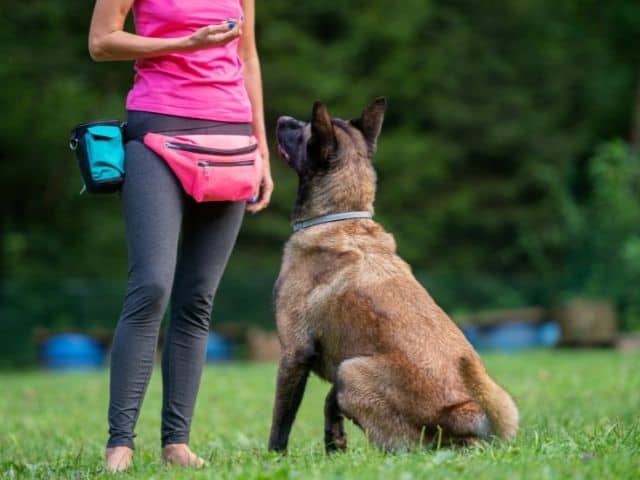
5. Veterinarians
Thanks to their unique expertise and skill set, Veterinarians are equipped with an unmatched level of understanding of animal care and welfare. These professionals assess the animal’s well-being and environment and make recommendations to improve animal welfare. They participate in activities that enhance disease prevention and aid in the provision of appropriate shelter and nutrition to animals, as well as foster humane animal handling and transportation, and provide veterinary medical treatment when required. Veterinarians are also involved in animal welfare research in various fields such as ethics, economics, science and politics. Research in these fields enables them to discover the best practices to improve animal welfare. Veterinarians also play a key role in animal welfare legislation. Thus, they ensure animal welfare programs are helpful and serve the needs of the animals in care. To become a qualified veterinarian, you must graduate with a Bachelor of Veterinary Medicine and Surgery from a recognised University and be registered with a state-operated Veterinary Surgeons’ Board.
6. Veterinary Nurses
Veterinary Nurses work closely with veterinarians and other experts like Animal Behaviourists and Trainers to maintain the health and wellness of shelter animals. Veterinary nurses perform wide-ranging roles including the following:
- Assisting in day-to-day nursing activities in the animal rescue centre veterinary clinic
- Caring for animals before, during and after surgery
- Performing triage on incoming animals and performing first aid if required
- Assisting veterinarians in treating the animals
- Performing routine animal medical care such as administering medication, assisting with wound care and changing bandages, as well as monitoring animals requiring medical attention.
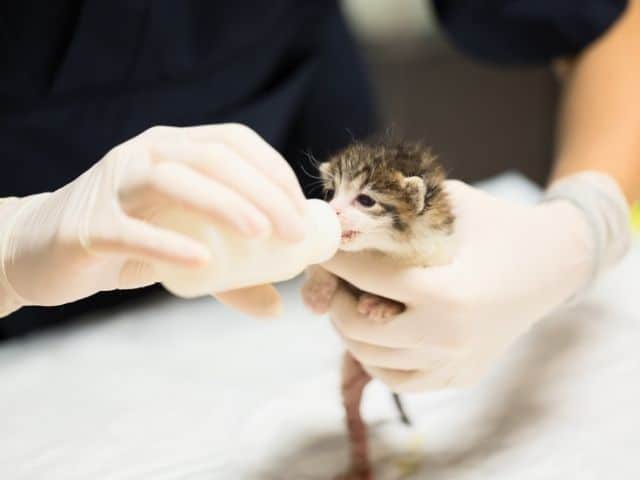
7. Animal Protection Inspectors
Animal Protection Inspectors are tasked with enforcing the Animal Welfare Act. They play an essential role in investigating and preventing animal cruelty. The job involves working in emotional and stressful situations, so you must have strong animal and people handling skills. Animal Protection Inspectors’ duties include but are not limited to the following:
- Handling animal cruelty complaints
- Educating animal owners on animal handling and care
- Rescuing trapped or injured wild animals
- Working closely with local authorities, police, dog pounds, rangers and veterinary surgeons
Animal Protection Inspectors must have proven interpersonal skills and be able to deal with confrontation. Generally, this also means practical life experience, including working with animals. Some organisations will also require that you complete further training in animal care and handling, health and safety, compliance and law enforcement; for example, ACM30122 Certificate III in Animal Care Services or ACM40121 Certificate IV in Animal Regulation and Management.
8. Fundraising Co-ordinators
Fundraising Co-ordinators are often one of the most pivotal roles in a non-profit welfare organisation. The most important part of their role is to ensure organisations have an adequate source of future income to sustain services. They are involved in developing and leading the fundraising strategies of an organisation, assist with co-ordinate activities including promotional plans, such as direct marketing, social media and events. Fundraising Co-ordinators have skills across marketing, events management, public relations, finance and are often required to use specific database management software designed for fundraising.
9. Marketing and Publicity Specialists
Animal rescue facilities hire marketing and publicity experts to maximise income from charity events and fundraising platforms. These experts are also responsible for managing communications with donors, supporters and other stakeholders and promoting volunteer activities. Those interested in working in an animal rescue or rehoming facility as a Communications and Publicity officer will have a relevant university qualification in the area of Marketing or Public Relations.
Taking the next step: pathway to animal welfare
Working with animals will not only find you a well-paying career but will also help you bring a positive impact to the community. However, you must possess good communication skills and demonstrate empathy, confidence, commitment,e.g. and respect towards the animals and their owners to succeed in a career working with animals. Passionate about working with animals but wondering how to get started? We recommend our ACM20121 Certificate II in Animal Care programs to kick-start your career. Wondering how to get started? Read our qualifications page or contact us today to point you in the right direction.
Courses to kick-start your career
On-Site Intensive
ACM20121 Certificate II in Animal Care (Health & Welfare)
About Animal Health & Welfare
Animal Health & Welfare
Online
ACM20121 Certificate II in Animal Care (Online)
Studying Online
Animal Care Online Course
On-Site Intensive
ACM30122 Certificate III in Animal Care Services (RSPCA)
About the RSPCA Program
